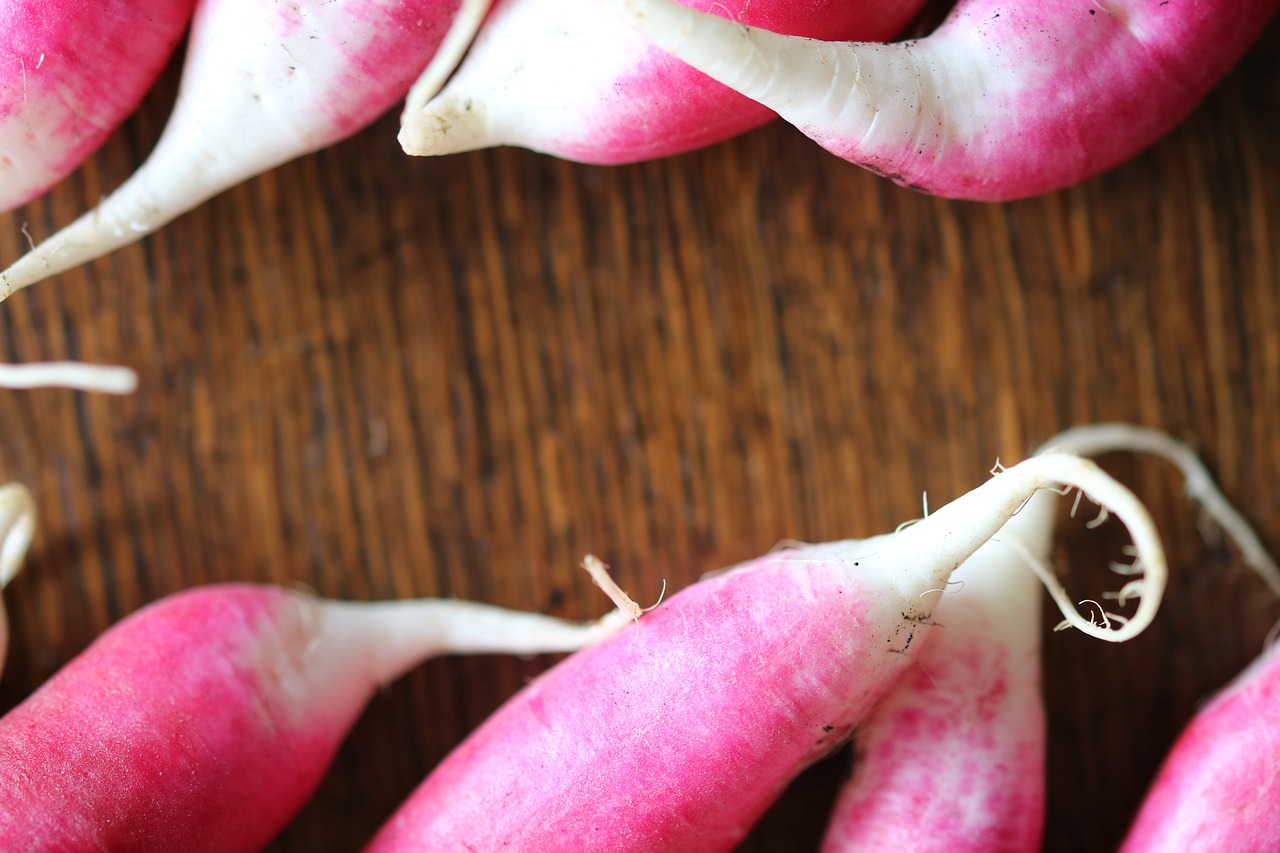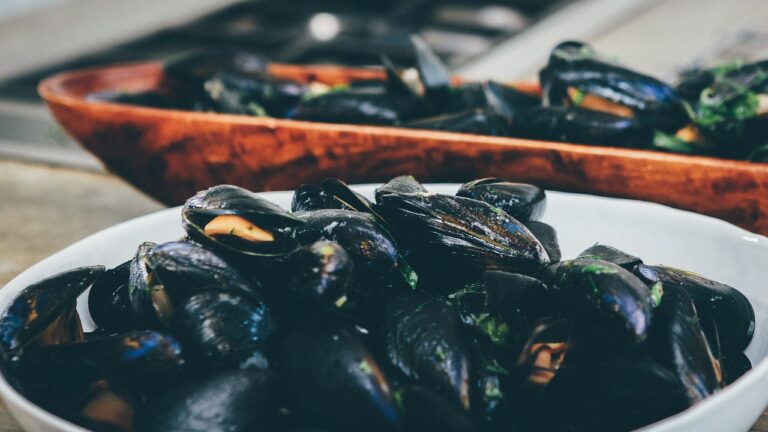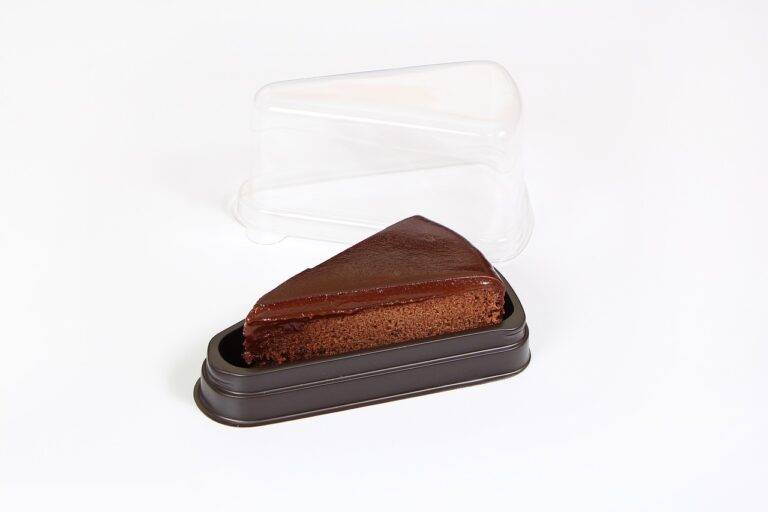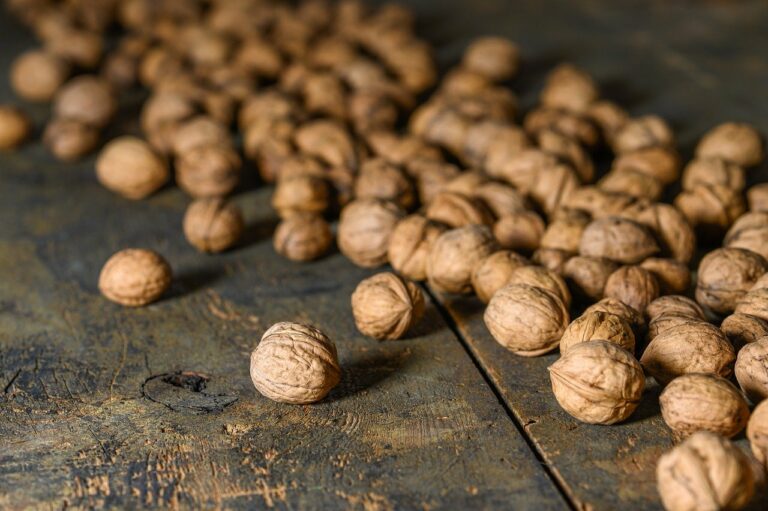Olive Oil and Its Role in the Mediterranean Diet: 11xplay registration, Laser 247com, Tiger exchange 247 vip login
11xplay registration, laser 247com, tiger exchange 247 vip login: Olive oil is a staple ingredient in the Mediterranean diet, a way of eating that has been praised for its numerous health benefits. This traditional diet is rich in fruits, vegetables, whole grains, and of course, olive oil. In this article, we’ll delve into the role of olive oil in the Mediterranean diet and explore why it is considered one of the healthiest oils you can incorporate into your daily meals.
The Mediterranean Diet:
The Mediterranean diet is not just about what you eat, but also how you eat. It emphasizes enjoying meals with family and friends, savoring each bite, and incorporating physical activity into your daily routine.
The diet is based on the traditional eating habits of people from countries bordering the Mediterranean Sea, such as Greece, Italy, and Spain. It consists of a high intake of fruits, vegetables, nuts, seeds, legumes, whole grains, fish, and poultry. Red meat is consumed sparingly, and dairy products are typically limited to small amounts of cheese and yogurt. Olive oil is the primary source of fat in this diet, used for cooking, dressings, and dips.
The Role of Olive Oil:
Olive oil is a key component of the Mediterranean diet and plays a significant role in promoting heart health. It is rich in monounsaturated fats, specifically oleic acid, which has been shown to reduce inflammation and improve cholesterol levels. These heart-healthy fats help lower the risk of cardiovascular diseases, such as heart attacks and strokes.
In addition to its beneficial fats, olive oil is also packed with antioxidants, including vitamin E and polyphenols. These compounds help protect cells from damage caused by free radicals, reducing the risk of chronic diseases like cancer and Alzheimer’s.
Olive oil is also a versatile ingredient that adds flavor to a variety of dishes. Whether used to saut頶egetables, dress salads, or drizzle over pasta, its distinct taste complements a wide range of flavors. It can even be used in baking as a healthier substitute for butter or margarine.
FAQs:
Q: Is olive oil good for weight loss?
A: While olive oil is calorie-dense, it can be part of a healthy weight loss diet when consumed in moderation. Its monounsaturated fats can help keep you feeling full and satisfied, potentially reducing overall calorie intake.
Q: What is the difference between extra virgin, virgin, and regular olive oil?
A: Extra virgin olive oil is the highest quality and least processed, making it the most flavorful and nutritious. Virgin olive oil is also unrefined but has a slightly higher acidity level. Regular olive oil, often labeled as “light” or “pure,” is refined and has a milder flavor.
In conclusion, olive oil is an essential component of the Mediterranean diet, known for its heart-healthy fats, antioxidants, and versatile culinary uses. By incorporating olive oil into your meals, you can reap the many health benefits associated with this ancient ingredient. So next time you’re in the kitchen, reach for a bottle of olive oil and savor the flavors of the Mediterranean.







